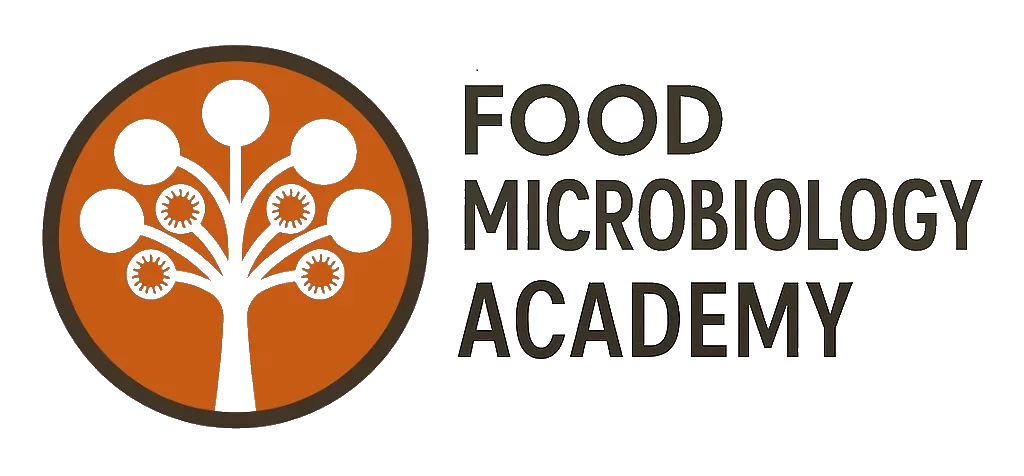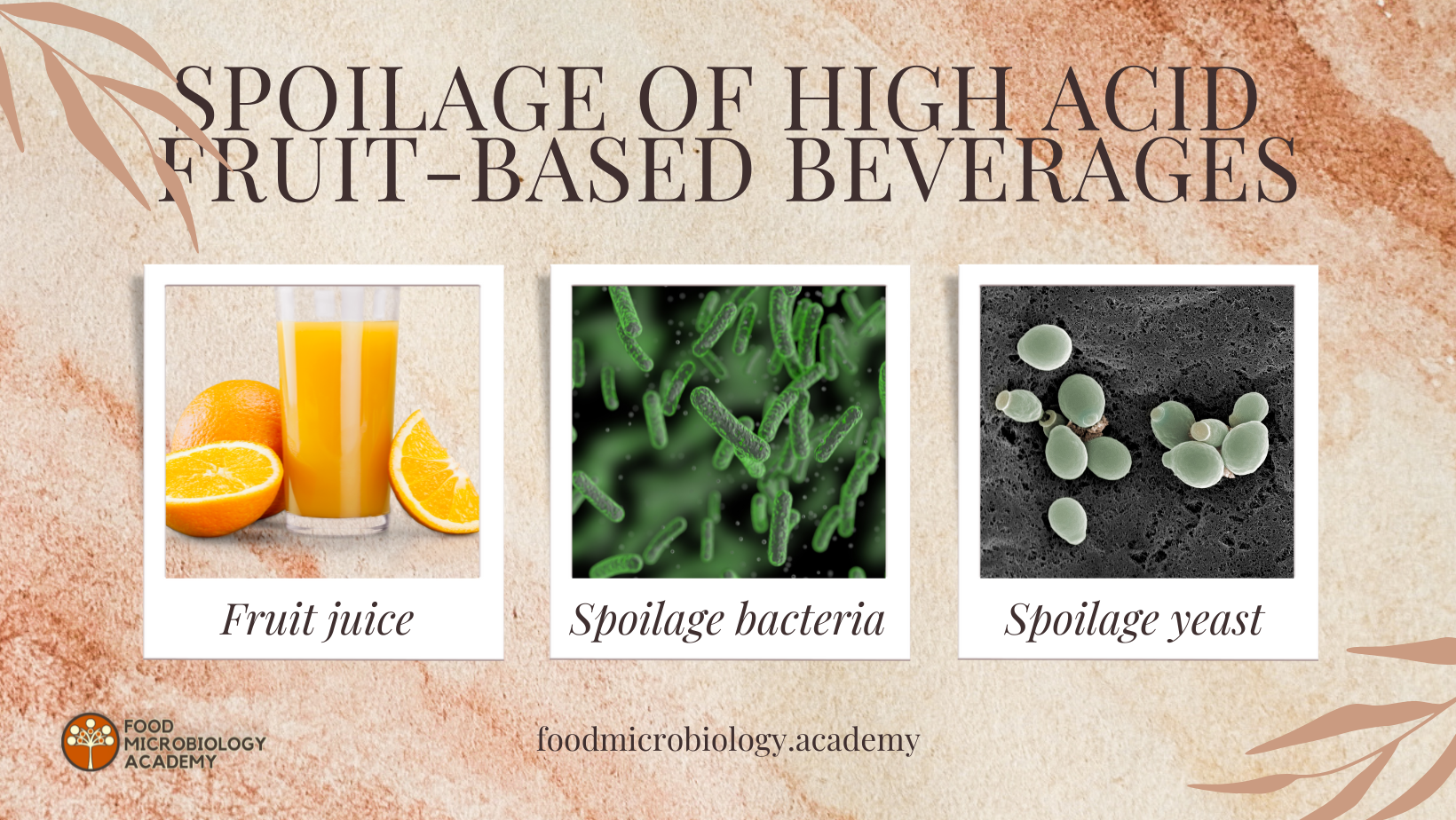Bacteriocins in food preservation: Harnessing nature’s defence for safer and longer-lasting foods
Bacteriocins are natural antimicrobial peptides produced by bacteria, and their use in food preservation can effectively inhibit the growth of foodborne pathogens and spoilage microorganisms, extending the shelf life of food products. By harnessing the antimicrobial properties of bacteriocins, they provide a natural and sustainable alternative to synthetic chemical additives, promoting food safety and quality.




